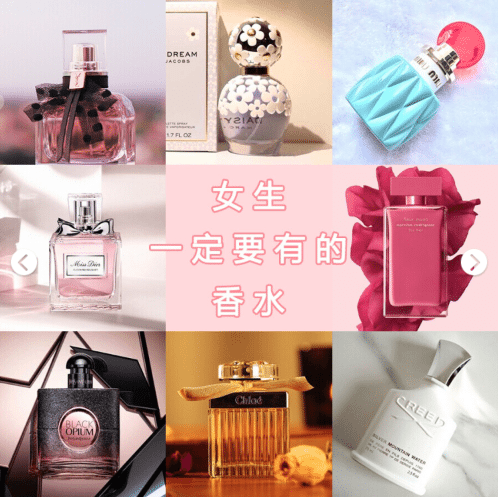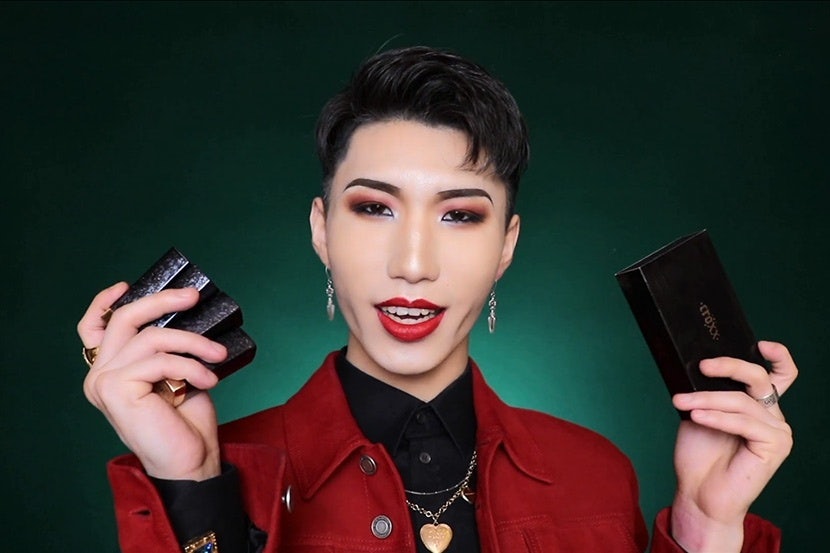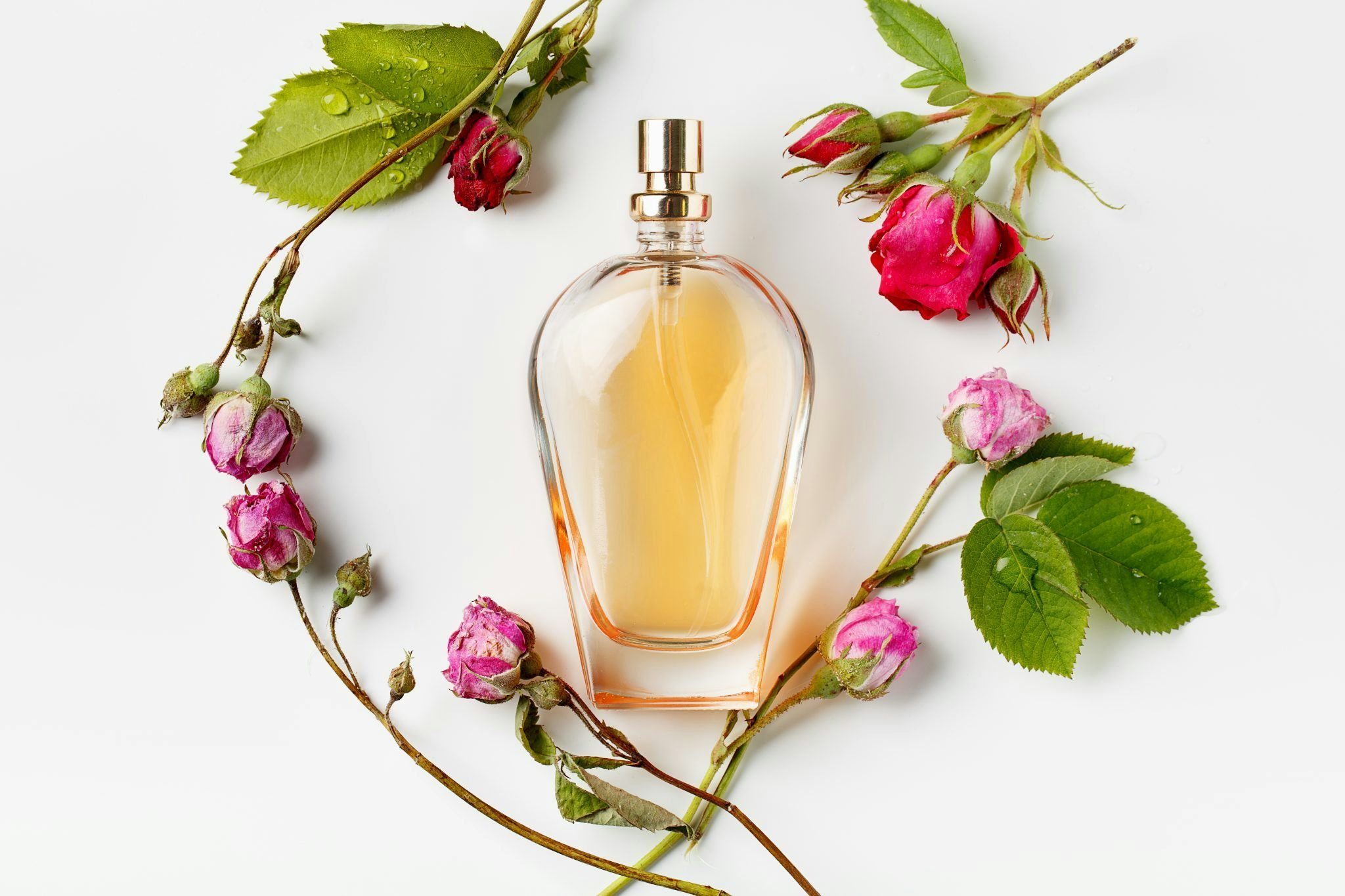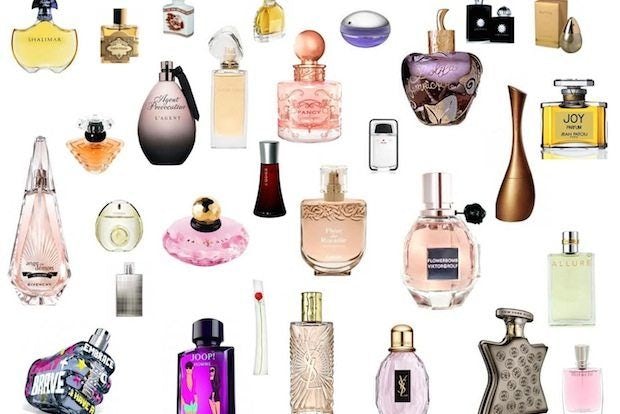China has long been considered a small fragrance market, especially in comparison to skincare or make-up. But with China's 18-25 year olds (post 90s) relating to fragrances in a very disruptive way, a historical window of opportunity is opening. Here are five key insights brands should know.
1. There are 175 million 18-25 year olds#
While China counts 400 million Millennials, about five times more than the United States, the demographic that brands should primarily target is the country's 175 million 18-25 year olds.
They enjoy a higher purchase power than their Western counterparts. They care more about self-gratification and emotional reward than mere social acknowledgment. They have been extensively exposed to international brands and lifestyle from the very youngest age, and are now eager to explore the world.
All these factors contribute to induce higher consumption of fragrances. But most importantly what makes this cluster so strategic is the way they embrace fragrances. It has drastically shifted.
2. They are developing deeper relationships to fragrances than their elders#
"I want to find my signature" — Estelle, 25
For the younger demographic, fragrances are not just adornment, but a much coveted signature to express their personality and discernment. While most 30-35 year olds still use fragrances on special occasions, the younger generation say they plan to include fragrances as an integral step of their daily routines. If that's not the case yet, it is often because they don’t know where to start.
As Joy, 19, says, “I don’t use fragrances, but would like to. It’s just that I’m not sure how I can make the most suitable choice for me.”
3. Their spectrum of choice is much larger than what we tend to believe#
"Choosing a fragrance is like underwear, it’s very private!" — Wang Ayi, blogger#
Fresh, floral, pink, or girlie fragrances rarely go wrong in China. Wafting in behind Jo Malone or Miss Dior Chérie, fragrances like Gucci Bloom, YSL Mon Paris, Prada Miu Miu, and Tiffany are among the most popular.

But many young women are also willing to pick masculine or unisex fragrances. Dang Mei, a young influencer with over one million fans, in February released a video on video platform Bilibili with her selection of masculine fragrances. It features Terre d’Hermes, Lalique Encre noire, Creed Silver Mountain.
And because it is about expressing one’s uniqueness, the rarer the selection, the better. Niche brands and exclusive fragrances are appealing because this generation doesn’t want to smell like anyone else. A young woman named Penny told me she was scolded by some of her friends who said she “shouldn’t wear Chance (Chanel) as is… Much too common… at least mix it with something to make it more special.”
Young influencers' picks and recommendations flourish on social media. They reframe our common beliefs about young Chinese people's tastes, which are now as diverse and peculiar as 175 million individuals can be. Benny, a young influencer with almost 2.5 million followers, in March released his selection of alternative fragrances, some of which were surprisingly launched decades ago like Nightscape (Ulrich Lang, 2009) or PG11 Harmatan noir (Pierre Guillaume, 2006).
The landscape is very fragmented and complex. Emerging patterns are all the more difficult to track as the young tend to buy mostly abroad either while travelling or through daigou resellers. Domestic rankings provide only a partial picture.

4. They're looking for genuine communications that create strong bonds#
“China is now my number one market. It came to me and I’m very grateful for that. I can also see the ripple effect in New York, Los Angeles, Paris, and London”
—#
Ulrich Lang
Launched in 2015, Apsu is a unisex fragrance with top notes blending cilantro, violet leaves, bergamot, and crunchy greens. It is one among many niche fragrances that have quietly but indisputably won over many Chinese.
Asked about his success, Ulrich Lang recounts the genesis of the fragrance. “Inspiration comes from summer time, staying by the pool, with few clothes and being happy with a lot less. Just green grass, that kind of feel. I wanted something fresh but didn’t want to create another citrus. Apsu is cooling with green notes, but very different. It is a very quiet, directional and modern fragrance. Everybody seems to scream these days. Quiet is a good word. Quiet is the new loud”.
On Chinese social media, comments abound about users' impressions of fresh grass or cucumber. One even mentions how the fragrance reminds him of cucumber-flavored Lay’s potato chips. That demonstrates how fragrances are increasingly about emotional and cultural resonance, rather than social validation. Next to Chanel N°5 or Dior J’adore, which thrive in the top rankings, there is plenty of room for alternative fragrances to find a place.
5. About sensorial resonance and cultural appropriation. Sayings of a perfumer.#
"Black Opium (YSL) inspiration revolves around coffee, a worldwide and modern addiction. I wanted to create a gustative
—#
but not regressive
—#
fragrance"
—#
Nathalie Lorson, master perfumer, Firmenich
When Opium was released in 1977, its audacity both stunned and ravished wearers. It quickly went out-of-stock. But it also created waves of emotional turmoil. For many Chinese, Opium recalled the opium wars and there was no way they could accept such a fragrance.
But today Black Opium has been reconceived as glamorous rather than sensual, to generate energy rather than surrender, and has become well-accepted among young, urban Chinese. As they experiment with sweeter and more powerful fragrances, it opens the door to the gustatory, or taste and flavor family of scents, so far underrepresented in the Chinese market. Chinese gastronomy places less emphasis on dessert, so it's not as easy to leverage those indulgent Western flavors in the same way.
Encre noire by Lalique, create by Nathalie Lorson in 2006, is another example showing the cultural distortions at play. “At that time vetiver was mostly used in colognes to enhance other ingredients. But in this fragrance I wanted vetiver to be the key theme. It is not a cologne, more a woody kind of fragrance (vetiver being a root). I used two qualities of vetiver to render both its raw and smokey facets. Grapefruit and cypress add an aromatic push”.
Encre noire has been a popular choice among Chinese fragrance lovers. Its appeal can, in part, be link between ink (encre) and Chinese calligraphy. But it can also be about a more personal journey. As young Chinese woman Liz shared, “my friends find it weird, but I love this fragrance for its dark and very humid notes. The mossy and almost moldy notes remind me of the hutongs of my childhood.”
What other ingredients and combinations can stir young Chinese consumers' imaginations? What are the local stories that could stimulate brands creative inspiration? There are so many more invisible yet powerful links to be weaved between the West and East. This is the magic spell of fragrance.
Dao Nguyen is the founder of Essenziabydao, a strategic marketing agency that specializes in fragrance and cosmetics.


